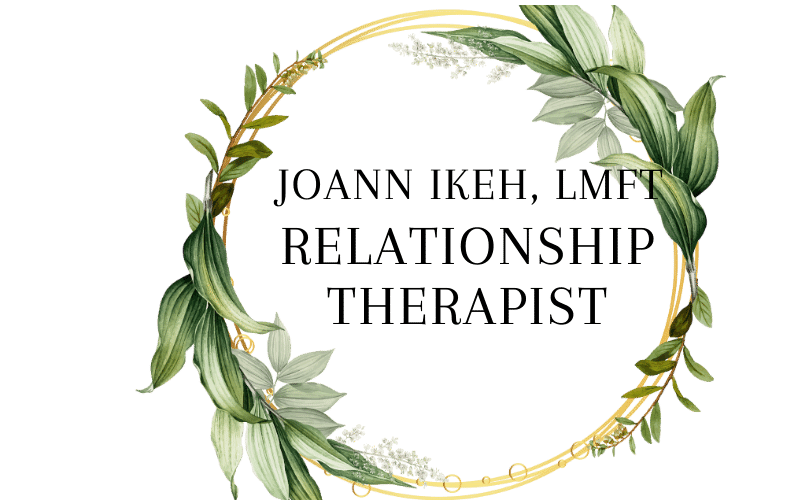Depression in Men: The Hidden Struggle That Impacts Relationships
Men often suffer from undiagnosed depression, which can damage intimacy, communication, and trust in relationships. Learn how to recognize the signs and take relationally responsible steps toward healing.
Depression in Men: The Hidden Struggle That Impacts Relationships
When most people think of depression, they imagine sadness, crying, or isolation. But for many men, depression doesn’t show up that way. It can look like irritability, anger, withdrawal, or even workaholism. These are often socially accepted behaviors for men—but they can quietly destroy the fabric of a relationship.
As a licensed marriage and family therapist , I’ve worked with many men who are not just struggling internally—they’re unknowingly pulling their partners into their pain, often without realizing it. The truth is, depression in men isn’t just a personal issue. It’s a relational one.
Why Men Often Go Undiagnosed
Culturally, men are conditioned to “tough it out.” Vulnerability is often seen as weakness. Many men have been taught—explicitly or implicitly—that expressing emotional pain is unmanly. As a result, they don’t seek help. They may not even recognize they’re depressed.
Instead, depression often shows up in relationally destructive ways:
Emotional shutdown or coldness
Irritability and short temper
Disconnection from loved ones
Over-reliance on work, alcohol, or screen time
Blaming others, especially their partner, for how they feel
How Depression Impacts Relationships
Depression isolates. It creates a wall between the depressed partner and the rest of the relationship. This often leaves their partner feeling lonely, confused, or even blamed for the mood shift.
In couple’s counseling with me, we don’t just look at who’s hurting—we look at how the hurt is being managed and how it affects the relationship system. Depression is never an excuse for unloving behavior. At the same time, we hold compassion for the suffering that’s often beneath the surface.
Here are a few common dynamics I see:
1. The “Silent Partner” Dynamic
One partner withdraws emotionally, believing they are “keeping the peace” or “not burdening” the other. But silence creates distance. The other partner often feels abandoned.
2. The “Blame and Shame” Cycle
A depressed man may lash out, criticize, or blame his partner. It’s a form of displaced pain—but it erodes safety in the relationship. Over time, resentment builds on both sides.
3. The “Fix-It Trap”
Some partners, especially women, try to “fix” their depressed partner—taking on the role of caretaker or therapist. This dynamic can lead to burnout and codependency.
What Therapy Teaches Us
Relational empowerment means men can learn to face their depression without shame. They can choose to show up differently. In therapy, we challenge men—gently but firmly—to take responsibility for their behavior while getting support for their pain.
Here’s what healing looks like:
Accountability: Owning the impact of your depression on your partner, without self-blame or defensiveness.
Vulnerability: Naming the sadness, fear, or overwhelm that’s been hidden beneath anger or withdrawal.
Connection: Learning relational skills—like listening, validating, and expressing emotion—to rebuild intimacy.
Support: Seeking therapy, medication, lifestyle changes, or peer support to address depression head-on.
For Partners: What You Can Do
If you’re in a relationship with a man who may be depressed, you’re likely carrying a heavy emotional load. You may feel like you’re walking on eggshells—or like nothing you do is enough. Your needs matter, too.
Here’s what you can do:
Don’t collude with unloving behavior. Compassion is not the same as enabling.
Name the impact. Kindly but clearly, let your partner know how their behavior is affecting you and the relationship.
Encourage accountability. Ask them to get help—not just for themselves, but for both of you.
Get support. Therapy can help you strengthen boundaries and avoid burnout.
Depression Is a Relationship Issue—But It’s Treatable
Men deserve support. They deserve to feel whole, emotionally connected, and empowered in their relationships. And so do their partners.
If you or your partner are struggling, working with a therapist can help you interrupt the patterns that depression creates—and build a relationship rooted in honesty, care, and mutual growth.
Looking for a relational approach to healing depression and improving connection?
Book a consultation to begin therapy that honors both your individual pain and your shared path forward.



